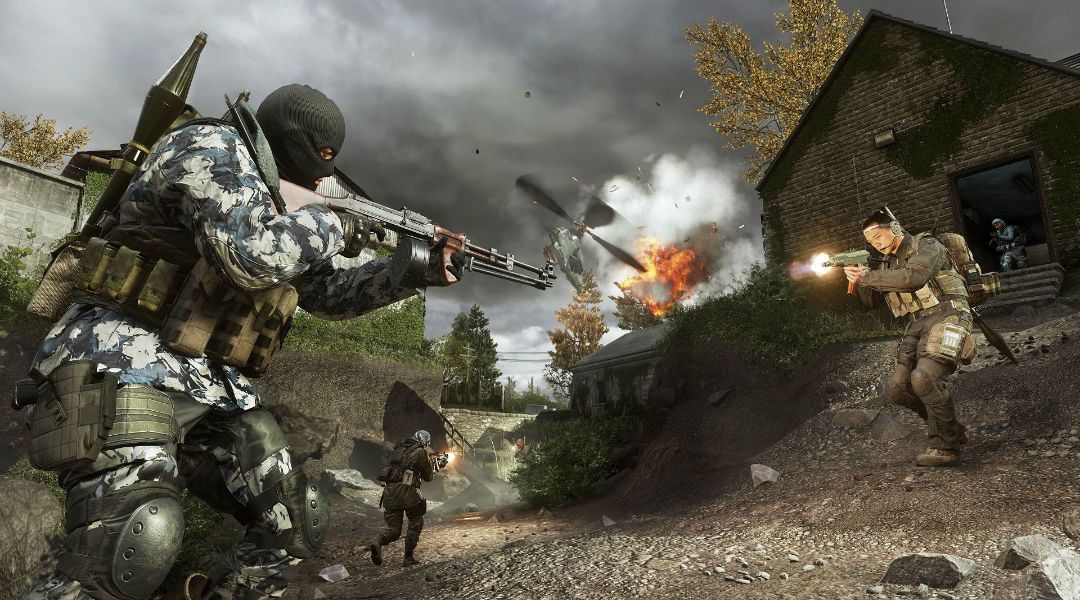The public debate surrounding whether or not video games lead to violence has a new study to reference. This newest study states that those who play violent video games are likelier to become more psychically aggressive than others. This effort is part of an international study that took place from 2010 - 2017 looking at over than 17,000 gamers from ages 9 to 19. Moreover, an analysis of 24 studies from various countries including the United States, Canada, and Japan found that those who played violent video games were more likely to be sent to the principal's office for aggressive behavior, or hit a non-family member.
While what defines a violent video game is broad, games such as Grand Theft Auto and Call of Duty are typically key examples. Study lead Jay Hull, published yesterday in the Proceedings of the National Academy of Sciences, went on to say, "Our research aims to provide the most current and compelling responses to key criticism on this topic . . . we feel it is clear that violent video game play is associated with subsequent increases in physical aggression." It's also worth mentioning that Hull is a Dartmouth Professor of Psychological and Brain sciences.
Although this is the latest on this long-running debate, video games in relation to violence have been going on for longer than a decade–ever since the Columbine shooting in 1999. Of course, the debate has continued to rage, returning to the fore earlier this year when a mass shooting occurred at a Madden video game tournament in Florida. One thing these Dartmouth researchers sought to do than others had not was reduce confusion concerning their findings with a meta analysis that includes disputes about the link of violent video games to physical aggression.
It is worth addressing, however, that this research does not suggest violent video games lead to criminal behavior, but previous research does correlate risky behavior (reckless driving, binge drinking, smoking, and unsafe sex) with those who played violent games. The effect is "small but statistically reliable," according to Hull. He also went on to say the following:
"A lot of people ask, do these games really cause these kids to behave aggressively? I would say that is one possibility...The other possibility is that it's a really bad sign. If your kids are playing these games, either these games are having a warping effect on right and wrong or they have a warped sense of right or wrong and that’s why they are attracted to these games. Either way you should be concerned about it."
Hull and others that authored the research hopes their work moves past the question of the aforementioned correlation but toward questions such as "why, when, and for whom they have such effects." Recently, another report suggested that popular battle royale game Fortnite was as addictive as heroin to some, so it remains to be seen how these latest studies will work their way into the public debate.
Source: PNAS


